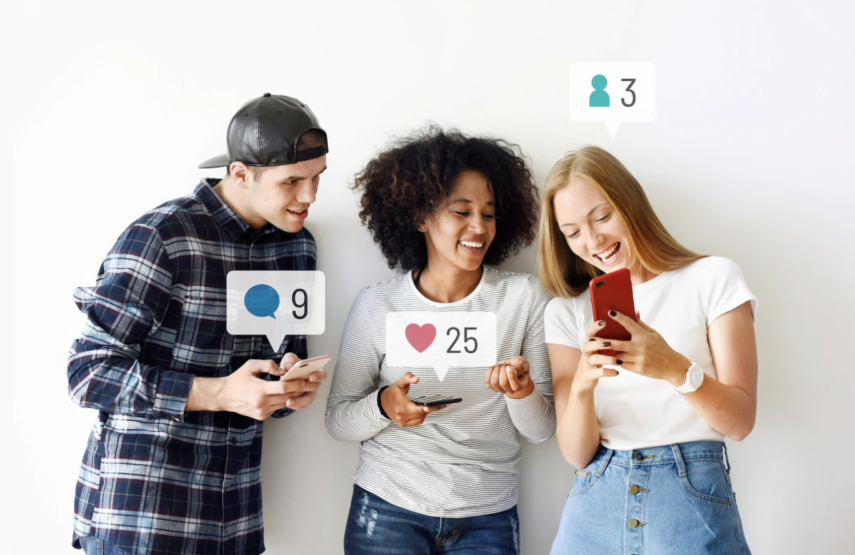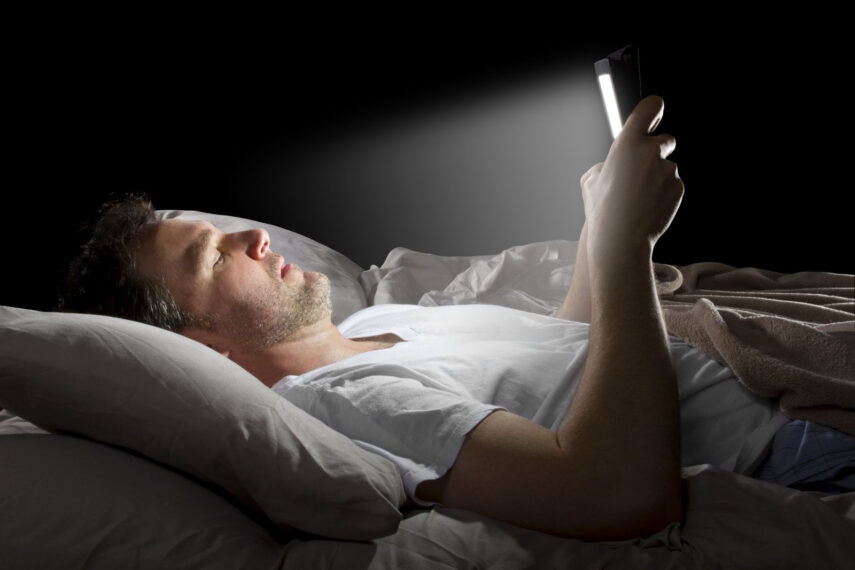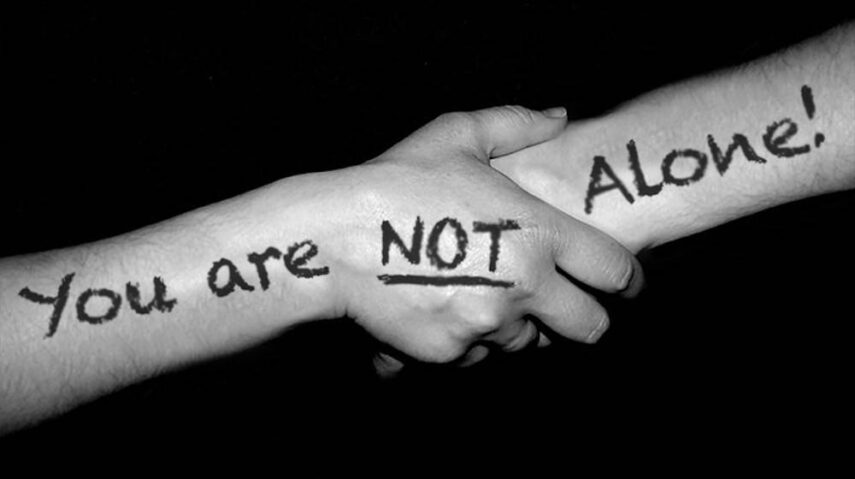Social media has undoubtedly become an integral part of modern life, providing us with numerous benefits, such as the ability to connect with others, stay informed, and even shop! However, its impact on mental health has become a growing concern as well.
In this blog post, we will delve into the various ways social media can affect mental health, both positively and negatively. By understanding these impacts, we can strive to create a healthier relationship with social media platforms.
The Pressure Of Comparing Ourselves To Others

Social media platforms allow wonders like social shopping, in which you can browse the Temu fashion range. This can be an enjoyable and convenient way to discover new products and trends. To find out more, you can visit this page.
Yet at the same time, this can also lead to feelings of inadequacy and envy when we compare ourselves to others, particularly influencers who often showcase an unattainable, picture-perfect lifestyle. This constant comparison can contribute to feelings of low self-esteem and negative body image.
The Addictive Nature Of Social Media
The constant stream of notifications, likes, and comments can create a strong urge to frequently check social media platforms. This can lead to addictive behavior, as the brain releases dopamine in response to these rewards.
Over time, this can result in increased anxiety, stress, and a fear of missing out (FOMO) when not using social media.
Increased Anxiety And Depression

Studies have found a significant correlation between prolonged social media use and increased levels of anxiety and depression. Constant exposure to idealized versions of others’ lives can lead to feelings of inadequacy and a skewed perception of reality.
Additionally, the pressure to be constantly available and responsive online can heighten anxiety.
Fear Of Missing Out (FOMO)
In the realm of social media, the phenomenon known as the Fear of Missing Out, or FOMO, has emerged as a significant issue affecting mental health. FOMO is a form of social anxiety that arises when individuals perceive they’re missing out on exciting or enjoyable events, experiences, or conversations that others are partaking in.
Social media, with its continuous, unfiltered access to other people’s lives, can greatly intensify this sense of FOMO. As individuals scroll through endless feeds of travel photos, party snaps, and career updates, they may begin to feel as though their own lives are inadequate or unexciting in comparison. This sense of missing out can create a persistent feeling of dissatisfaction and unhappiness, even if the individual’s actual life circumstances are quite positive.
The Impact On Sleep Quality

The excessive use of social media, especially before bedtime, can negatively impact sleep quality. The blue light emitted by screens can suppress melatonin production, leading to difficulty falling asleep and poor sleep quality. Sleep deprivation is closely linked to several mental health issues, such as depression and anxiety.
The Potential For Cyberbullying
Cyberbullying is a pervasive issue on social media platforms, with many individuals experiencing harassment, abusive comments, or other forms of online bullying.
This can have severe consequences on mental health, leading to feelings of isolation, depression, and even suicidal thoughts.
Erosion Of Privacy
In the digital era, privacy has taken center stage as one of the most significant concerns related to social media usage. As we share aspects of our lives online, we invariably open ourselves to scrutiny, judgment, and potentially, misuse of our personal information. This constant exposure and vulnerability can engender a deep-seated sense of anxiety and stress.
Every post, comment, or like contributes to our digital footprint, which can be traced, analyzed, and used in ways we might not always anticipate or desire. From targeted advertising to identity theft, the misuse of personal data can range from annoying to downright harmful. This fear of personal information being misused, manipulated, or becoming public without our consent can lead to a constant state of worry.
The Spread Of Misinformation

While social media can provide valuable information and resources, it is also a breeding ground for misinformation. Exposure to inaccurate or misleading information about mental health can perpetuate stigma, reinforce negative stereotypes, and potentially delay individuals from seeking professional help.
The Benefits Of Social Connection
On the other hand, social media can provide a valuable platform for staying connected with friends, family, and like-minded individuals. This sense of connection can help combat feelings of loneliness and provide support during challenging times, positively impacting mental health.
The Opportunity For Self-Expression
Social media platforms can offer a creative outlet for individuals to express themselves and share their interests, passions, and talents. This can foster a sense of identity, self-worth, and belonging, which can contribute to improved mental well-being.
The Access To Mental Health Resources And Support

Social media has made mental health resources and support more accessible than ever before.
Individuals can now find online support groups, mental health professionals, and educational content that can help them understand and manage their mental health challenges.
The Importance Of Setting Boundaries
To minimize the potential negative impacts of social media on mental health, it’s crucial to establish healthy boundaries. This can include setting time limits for social media use, turning off notifications, and prioritizing offline connections and activities.
The Role Of Digital Detox
Taking a break from social media, also known as a digital detox, can be an effective way to improve mental well-being. Stepping away from the constant stream of information, comparisons, and notifications can provide an opportunity for self-reflection, relaxation, and improved focus on the present moment.
In Conclusion
The impact of social media on mental health is complex, with both positive and negative consequences. While platforms like Temu can offer enjoyable experiences such as social shopping, it’s essential to be aware of the potential pitfalls, such as feelings of inadequacy, addiction, and sleep disruption. By setting boundaries, taking digital detoxes, and focusing on the positive aspects of social media, such as connection and self-expression, we can foster a healthier relationship with these platforms and promote better mental well-being.
Ultimately, it’s up to each individual to navigate the world of social media responsibly and mindfully, ensuring that their online experiences contribute to, rather than detract from, their overall mental health.
Related Posts:
- The Impact of Exercise on Mental Health and Stress Reduction
- 6 Things to Do If a Spouse is Refusing Mental Health…
- Mental Health: 5 Ways to Take Care of It - 2024 Guide
- 10 Apps For Your Mental Health
- 5 Reasons Why Sex Dolls Are Useful for Human Mental Health
- The Impact Of COVID-19 On Private Health Insurance in 2024







